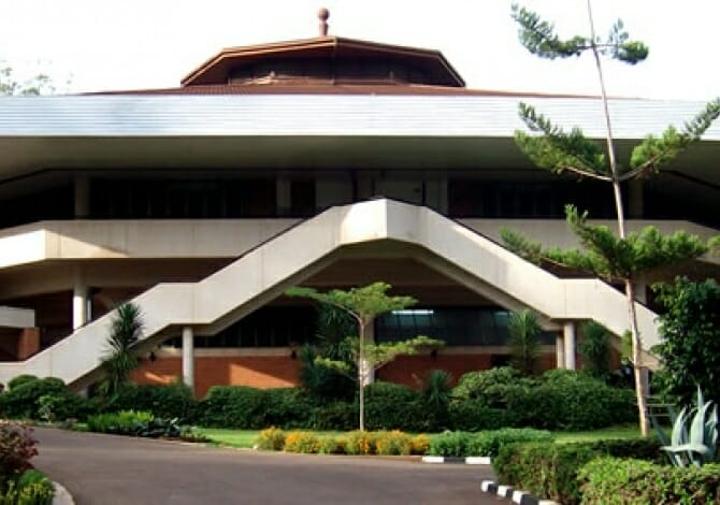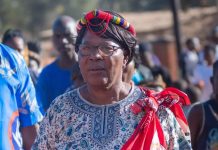Africa-Press – Malawi. “Sir,” the disabled man replied, “I have no one to help me into the pool when an angel stirs up the water. I try to get in, but someone else always goes down ahead of me.” 8 Then Jesus said to him, “Get up! Pick up your mat and walk.” 9The man was healed right away. He picked up his mat and walked. – John 5:-9
Godfrey Kantsemo, Malawi’s first blind person to graduate from Chancellor College’s law school, was a rare sight to behold walking along the corridors of learning. This is because at that time in the 1970’s, doors of opportunity were not possible to persons living with disabilities in the country. This was both due to lack of resources and motivation in lower levels of the education system.A healthy development in this form is the establishment of resources at the University of Malawi (formerly known as Chancellor College). This is a definite response to the enthusiastic appeal to include special education at the highest level of learning.
Katsemo’s story belied the plight of many Malawians living with disabilities in the past, with many destined to a life of dependency, begging on streets, and others forced to go outside the country for any or further education.
My grandfather took my aunt with him to Rhodesia (present Zimbabwe) when he worked there as a chef. She was born with intellectual disorder (form of mental illness). The little education she had led her to live a semi-independent life and was a great salesperson in her old age.
A cousin with traumatic brain injury, was invited by my parents to Ethiopia and he was sent to an engineering school; he too, in his older years lived an independent life, fixing refrigerators.
This was not possible for an older brother; neighborhood bullies pushed him to his death by. Due to his multiple disabilities that included blind, deaf, and muscular dystrophy.
In the 1950 education system could not cope with him, and the family-based care for him was the only option since the education system could not absorb him in the learning process and he was kept at home. The incident leading to his death was the teasing the boys frequently taunted him.
Malawi has come a long way since the above chronicled individual experiences with persons living with disabilities in relation to education. According to University of Malawi (UNIMA) registrar, Mar Wasiri, the department of education has the Special Needs Resource Centre that caters for ninety-three students with various special needs.
Additionally, there is one brailist who transcribes braille into print for the lecturers to read to the students living with visual impairment; he works and prints into braille for the students with visual impairment to read. He further transcribes the reading materials into braille for the students with visual impairment, she informed me.
The Registrar said the Special Needs Resource Centre has four students’ support attendants (also known as caregivers) who cater for students’ special needs, which vary from each scholar.
The needs include chores of daily living such as washing clothes, assisting students with bathing, feeding, taking them to the hospital when they are not well, and as guardians when a scholar is hospitalized; some caregivers are assigned pushing a scholar confined to a wheelchair.
On the issue of trained educators to cater for scholars with special needs, Wasiri said that UNIMA has special needs and inclusive education instructors, in addition to the six Special Needs Specialists. Of the six, Special Needs Specialists, two are specialised in hearing impairment; one specialist in visual impairment; and two specialised in learning difficulties.
She however said that UNIMA does not have sufficient classroom space to cater for a special education section, thus the scholars take their instruction in the regular classroom areas.
Technically speaking, now that the University will be graduating larger numbers of persons living with disabilities, there will be the need to either develop policies that will lead to the absorption in corporate Malawi (both private and civil service sectors) to employ persons living with disabilities.
There are great opportunities for persons living with disabilities, vis a vis education beyond secondary schools; ideally this will in future mean open doors in the employment sector. It is a proud moment that UNIMA is making this employment of persons living with disabilities a grand possibility.
For More News And Analysis About Malawi Follow Africa-Press






